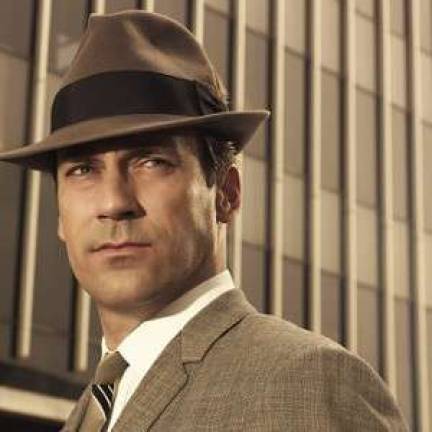CITYARTS EXCLUSIVE: Mad Mania

By Ben Kessler Return of the Gray Flannel TV Ego With the premiere of its fifth season imminent, Mad Men is trending hard. Everywhere in the mediasphere, you'll hear that the return of Matthew Weiner's dramatic series about the social and professional doings of 1960s advertising pros in New York City is a Cultural Event of Unquestionable Importance. Mad Men, like The Sopranos and The Wire before it, now enjoys a singular cultural status. Neither pop nor art, it is smart TV. And smart TV, we're told, is not for analysis or even entertainment; it is to be dutifully let into our lives, much as we're meant to bring in the newspaper every morning. Smart TV is a unique kind of aesthetic non-entity, but even non-entities have to come from somewhere. Mad Men's creator Matthew Weiner, like HBO's three Davids (Chase, Simon, and Milch of The Sopranos, The Wire, and Deadwood respectively), has a media profile that mixes elements of many leadership archetypes?he's part film director, part producer, part CEO. Because they preside over a vast creative apparatus rather than yoking themselves to any particular aspect of production, Weiner and his fellow smart showrunners are presumed by journalists to be above the unfortunate susceptibilities that plague the individual artist. As part of this post-auteur framework, the protagonists of smart TV shows are usually distorted extensions of their creators. Mad Men's Don Draper often makes pronouncements that have no precedent in the early-1960s mainstream but could easily fit into contemporary liberal-bourgeois conversation (e.g., "You're born alone and you die alone and this world just drops a bunch of rules on top of you to make you forget those facts, but I never forget. I'm living like there's no tomorrow, because there isn't one."). To read the full review visit CityArts by clicking here.